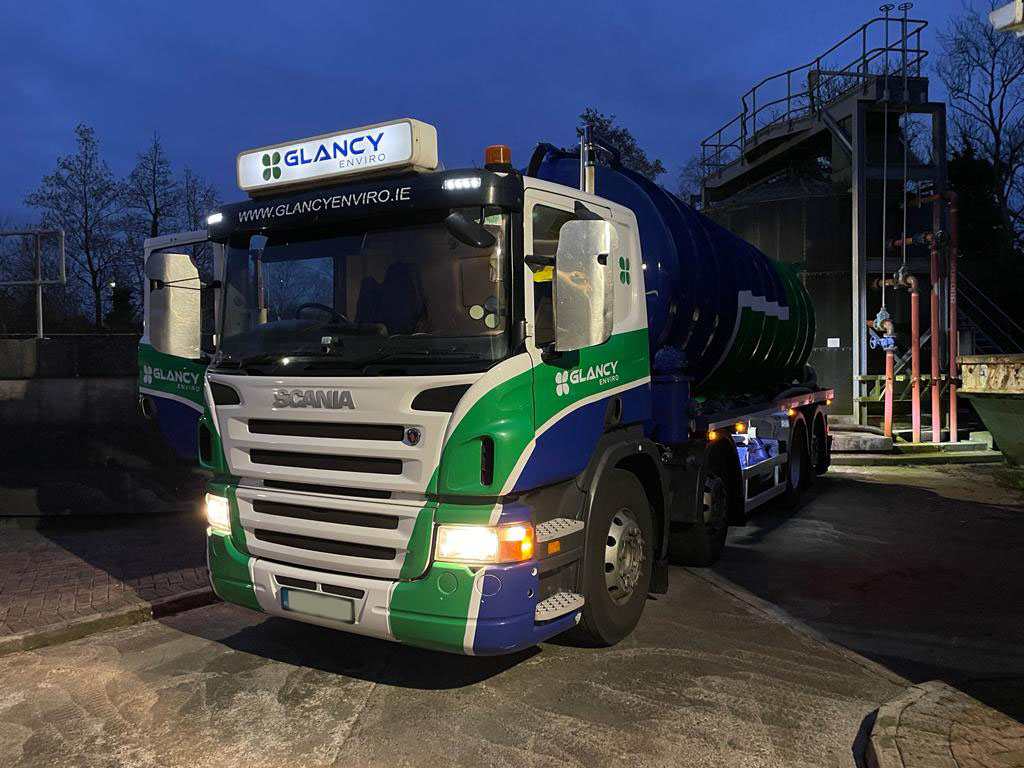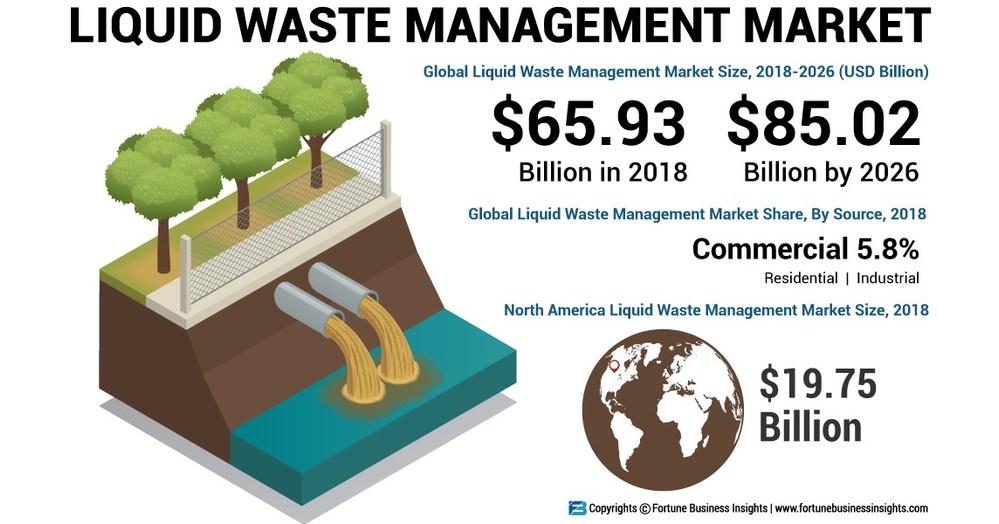An Unbiased View of Reclaim Waste
An Unbiased View of Reclaim Waste
Blog Article
Not known Details About Reclaim Waste
Table of ContentsThe Buzz on Reclaim WasteThe Main Principles Of Reclaim Waste Reclaim Waste Things To Know Before You Get ThisThings about Reclaim WasteSome Ideas on Reclaim Waste You Should Know
Residential sewage waste refers to the waste and items from a property septic tank. The proper management and disposal of residential sewer waste need liquid waste to be moved to a sewer therapy plant where the appropriate techniques and tools are applied to detoxify and dispose of waste.
Commercial waste often consists of potential hazards, such as flammable materials or a mixture of liquid and strong waste products, and calls for a much more sophisticated and thorough disposal process. The disposal of industrial waste commonly entails the filtration of waste prior to transportation to make sure safe and proper disposal. Industrial waste is created from results and drainage of commercial procedures and production.
This kind of waste can not make use of the same sewage monitoring transport or processes as septic or commercial fluids. The industrial waste administration procedure calls for the inspection and screening of liquid waste prior to it undertakes the disposal procedure (industrial wastewater treatment). Runoff waste is the liquid waste that comes from drainage and excess stormwater in very populated areas or cities
Drainage waste can trigger contamination and flooding if not handled properly. Discover more about drain cleaning and waste monitoring. Making certain correct waste administration can prevent calamities and decrease environmental damage. Both people in domestic settings and experts in business or manufacturing sectors can gain from understanding the processes and policies of fluid waste management.
Unknown Facts About Reclaim Waste
Call PROS Providers today to learn regarding our waste monitoring and disposal services and the appropriate means to care for the liquid waste you create.
(https://leonaube33101.wixsite.com/reclaim-waste/post/effective-liquid-waste-removal-and-disposal-everything-you-need-to-know)
Do you recognize what occurs to your water when you disengage, purge the commode or drain pipes the washing device? No? Well, it's worth recognizing. This so-called 'wastewater' is not only a vital resource however, after treatment, will be released to our land, rivers or the sea. Utilized water from bathrooms, showers, baths, cooking area sinks, washings and commercial processes is referred to as wastewater.

water made use of to cool equipment or clean plant and equipment). Stormwater, a kind of wastewater, is runoff that moves from agricultural and city locations such as roofings, parks, gardens, roads, courses and gutters into stormwater drains, after rainfall. Stormwater moves unattended directly to neighborhood creeks or rivers, at some point reaching the ocean.
Reclaim Waste Fundamentals Explained
In Queensland, a lot of wastewater is treated at sewage therapy plants. Wastewater is moved from domestic or industrial websites via a system of sewers and pump stations, understood as sewage reticulation, to a sewage treatment plant. City governments construct, preserve and operate most sewage therapy plants. Operators are accredited under the Environmental Management Act 1994 to release cured wastewater at an acceptable environmental requirement into waterways.
The Division of Natural Resources recommends city governments about managing, operating and maintaining sewerage systems and therapy plants. In unsewered locations, city governments may require owners to set up specific or house sewer treatment systems to deal with residential wastewater from commodes, kitchen areas, washrooms and laundries. The Department of Natural Resources authorizes making use of family systems when they are verified to be efficient.
Many stormwater receives no therapy. In some brand-new class, treatment of some stormwater to get rid of litter, sand and crushed rock has started utilizing gross toxin catches. Wastewater treatment happens in 4 phases: Eliminates strong matter. Bigger solids, such as plastics and various other objects mistakenly discharged to sewage systems, are eliminated when wastewater is passed with displays.
Wastewater after that streams into large containers where solids work out and are removed as sludge. Oil and residue are skimmed from the surface. Makes use of tiny living organisms called micro-organisms to damage down and get rid of remaining liquified wastes and great particles. Micro-organisms and wastes are included in the sludge. Gets rid of nitrogen and phosphorus nutrients that might create algal blossoms in our rivers and threaten water life.
Some Known Facts About Reclaim Waste.
Nutrient elimination is not available at all sewage treatment plants due to the fact that it calls for pricey specialist devices. Clear liquid effluent generated after therapy may still include disease-causing micro-organisms - liquid waste disposal.

Many wastewater moves into the sewage system. Under the Act, local federal governments provide authorizations and licences for eco relevant tasks (ERAs) entailing wastewater releases that may have a local influence.
Indicators on Reclaim Waste You Should Know
Monitoring offers accurate info concerning water top quality and can validate that permit problems are being fulfilled. The details gotten via monitoring provides the basis for making have a peek at these guys water quality decisions.
Report this page